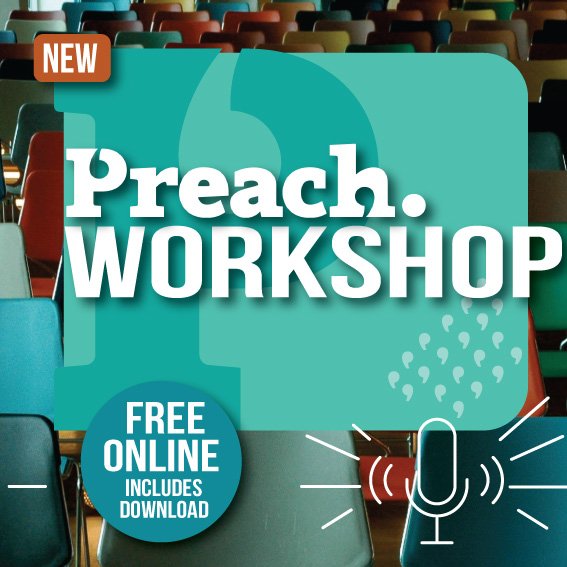A primary-age mental health crisis?
/What’s the story?
The NSPCC are reporting a sharp rise in the numbers of children under 11 who have been referred for mental health treatment by schools.
What’s happening?
Traditionally, mental health concerns have been perceived as affecting adults, although in more recent years a rise in awareness in teenage self-harm, anxiety and depression has begun to change that. Even still, the idea that children aged 11 and younger could be wrestling with the same concerns, isn’t one which is given much airtime. That could be about to change, with the release of some new statistics.
Data obtained by the children’s charity the NSPCC under a Freedom of Information request, show that since 2014-15, schools in England have made a total of 123,713 referrals for specialist mental health support. Perhaps surprisingly however, more than half of these referrals came from primary schools.
In 2017-18, at least 18,870 children aged 11 or under were referred for specialist mental health help, and since 13 of the 66 NHS Trusts known to provide this support did not release figures, the true number will be even higher. The number seems to rising sharply too; in 2014-15 the figure was 13,687 – meaning an increase of over a third in just three years.
The issues typically faced by children include anxiety, depression, uncontrollable anger and a desire to self-injure. In some extreme cases, children have demonstrated suicidal ideation, or the desire to harm others. The youngest child reportedly referred for specialist treatment was aged just three.
A linked statistic showed that over a third of children and young people referred to Child Adolescent Mental Health Services (Camhs) were subsequently declined help as they did not meet the relevant threshold. The NSPCC said the system was now under real pressure – partly due to this increased demand – and placing the well-being of thousands of children under threat.
What have others been saying?
The BBC reported that mental health provision is ‘failing a generation’ of young people, according to a group of MPs scrutinising the Government’s plans in this area.
The Government’s mental health taskforce found that one in 10 children aged 5-16 have a diagnosable mental health condition, and that half of all mental health problems develop before the age of 14.
The Christian-run charity SelfharmUK has a support area for parents of children struggling with various mental health issues, not just self-harm.
Connections
#1 – MENTAL HEALTH AND WELLBEING
There are plenty of references in the New Testament to the importance of a calm, healthy mind. Jesus himself promises ‘Peace I leave with you; my peace I give to you. Not as the world gives... Let your hearts not be troubled.’ He’s keenly aware of how difficult life can be, and the strain it can take on our brains; his coping strategy is to invite people to rest in him. This is echoed in 1 Peter 5:7 as the author invites us to cope by ‘casting all your anxieties on him, because he cares for you.’ And Paul reminds us not to be anxious about anything, but to pray, and in return receive ‘the peace of God’ which will ‘guard your hearts and your minds’ (Phillippians 4:6-7). All of this is good and true advice, but those suffering with mental health conditions also need practical support and understanding: as with physical health problems, the Christian faith and health professionals can work hand in hand.
#2 – CARING FOR CHILDREN
Paul twice talks in his letters – once in Ephesians 4:6, and again in Colossians 3:21 – about fathers ‘not provoking’ their children. Although this sounds quite aggressive, perhaps it can be turned on its head as a statement about care rather than provocation. Paul’s words seem to recognise the difficulties of growing up, and encourage families to do likewise, and display great patience and understanding in caring for their children. Although mental health issues are often not caused or provoked by a family context, they can be heavily exacerbated by one. The Psalmist writes that ‘children are a heritage from the Lord’ (Psalm 127:3); our responsibility to care for them – as parents and churches – extends beyond their physical needs, and includes their mental and emotional health too.
Points for prayer
Pray for children struggling with a mental health issue, that they would know supernatural peace, and also be directed to the support they need.
Pray for all professionals involved in diagnosing and caring for these children, that they would have patience, wisdom and skill in doing so.
Pray for parents caring for children who struggle with their mental health, that they would be supported, and know the presence of God as they seek to parent well in difficult circumstances.
Pray for those making decisions at Government level, that they would be wise and put children first, rather than financial concerns.
Author Bio
Martin Saunders
Martin Saunders is Youthscape’s Deputy Chief Executive. A former editor of Youthwork magazine and the founding Editor of sister-title Childrenswork, Martin is a popular speaker and the author of various books including ‘Youth Work From Scratch’. He lives in Reigate, Surrey with his wife Jo and their four children.







